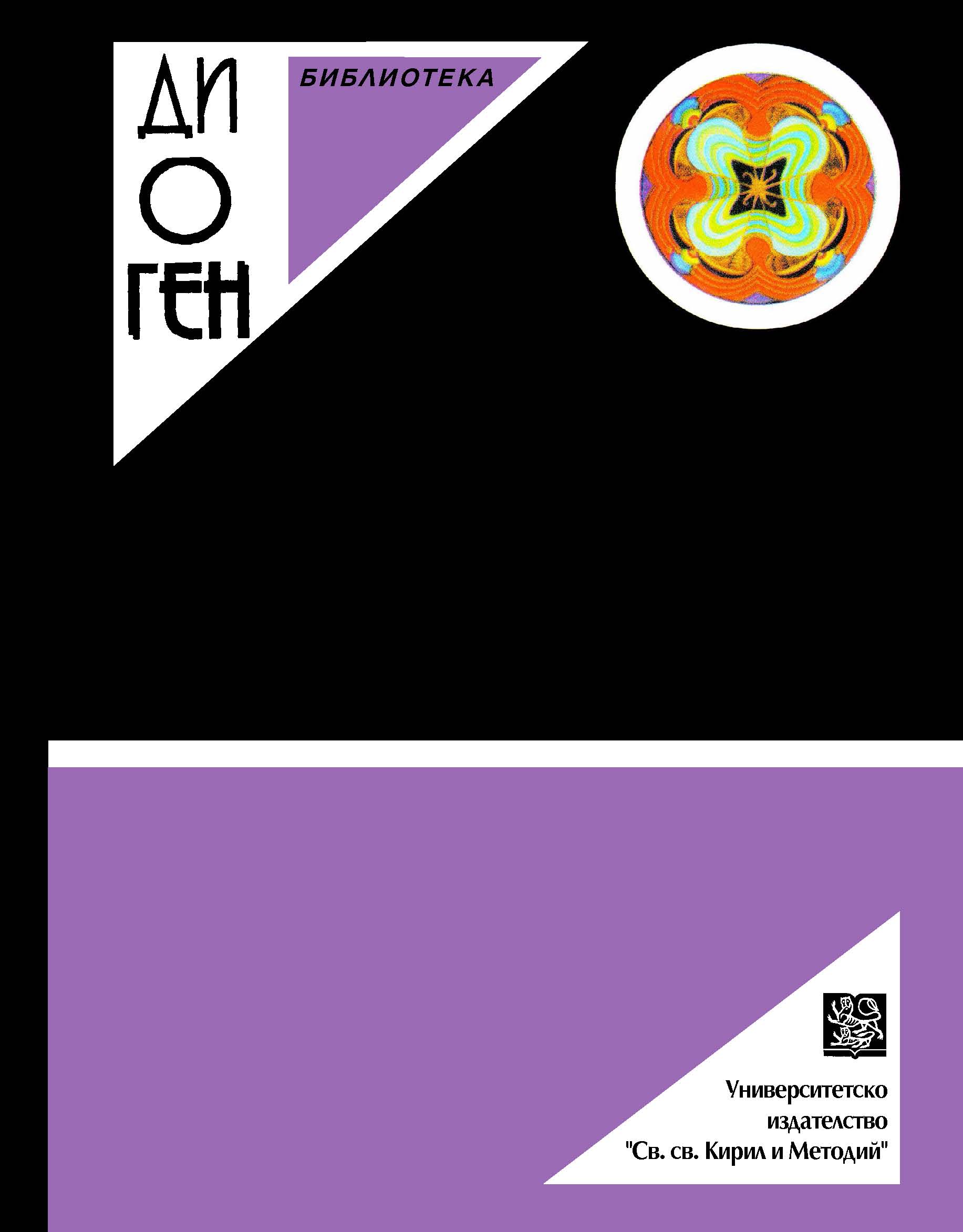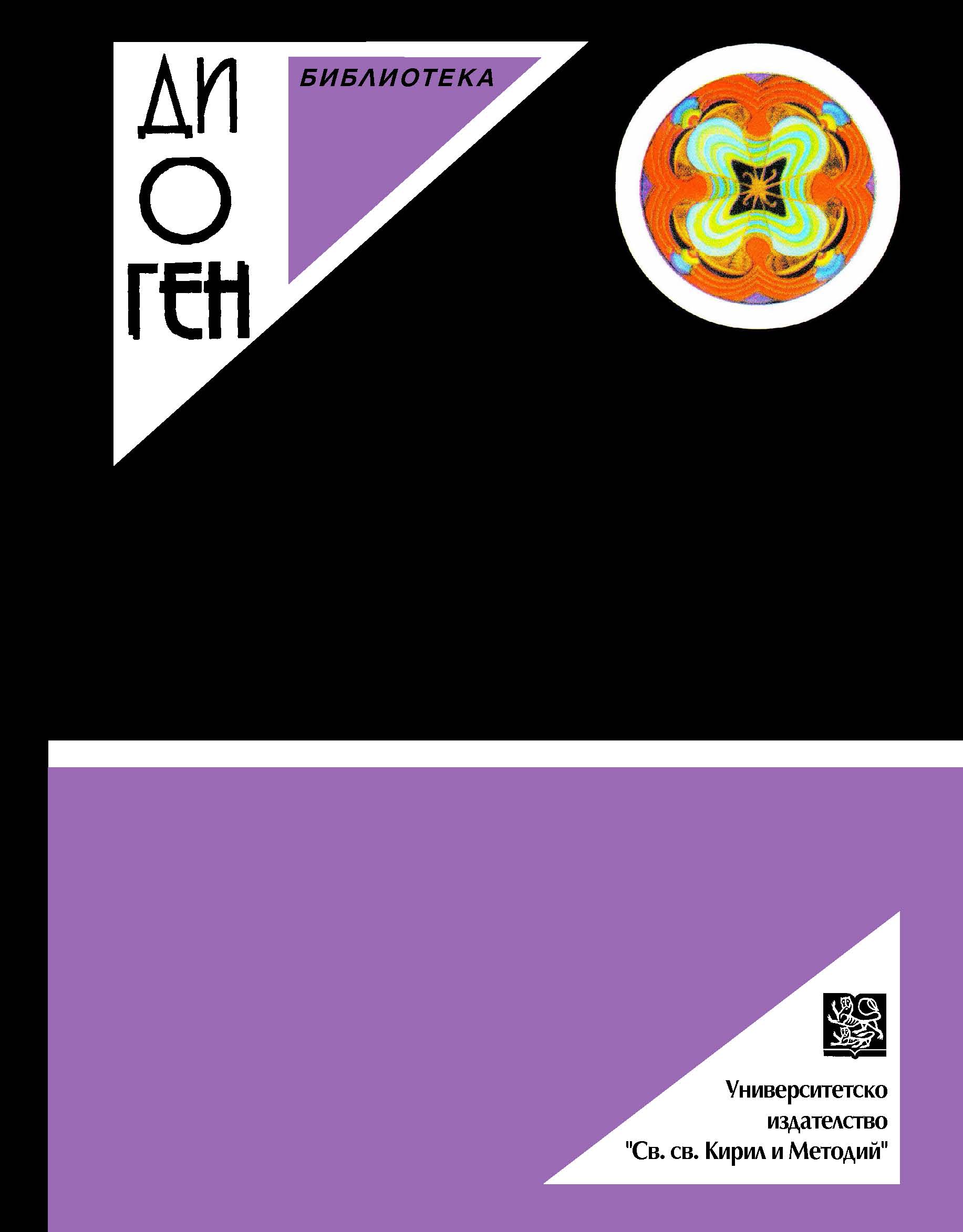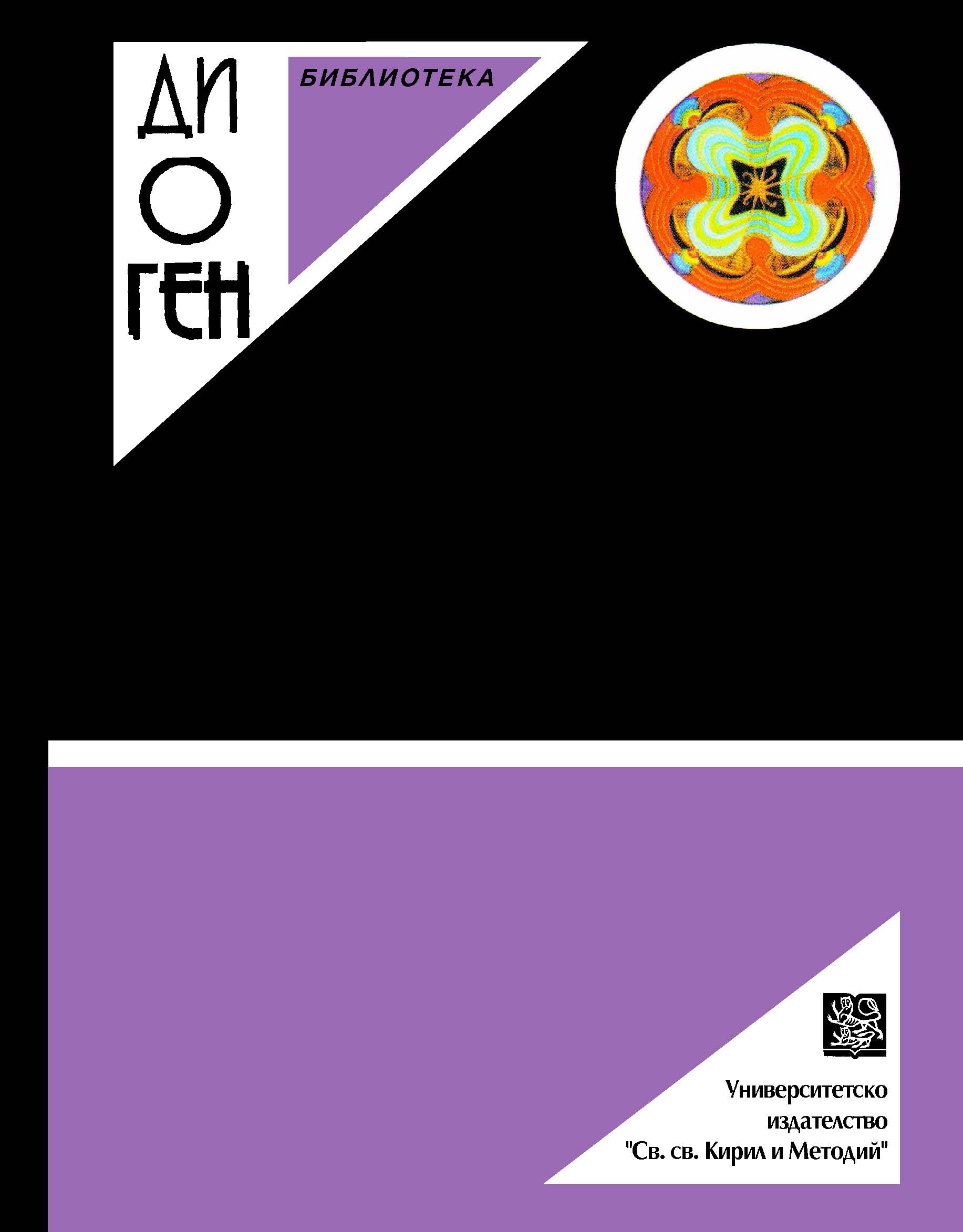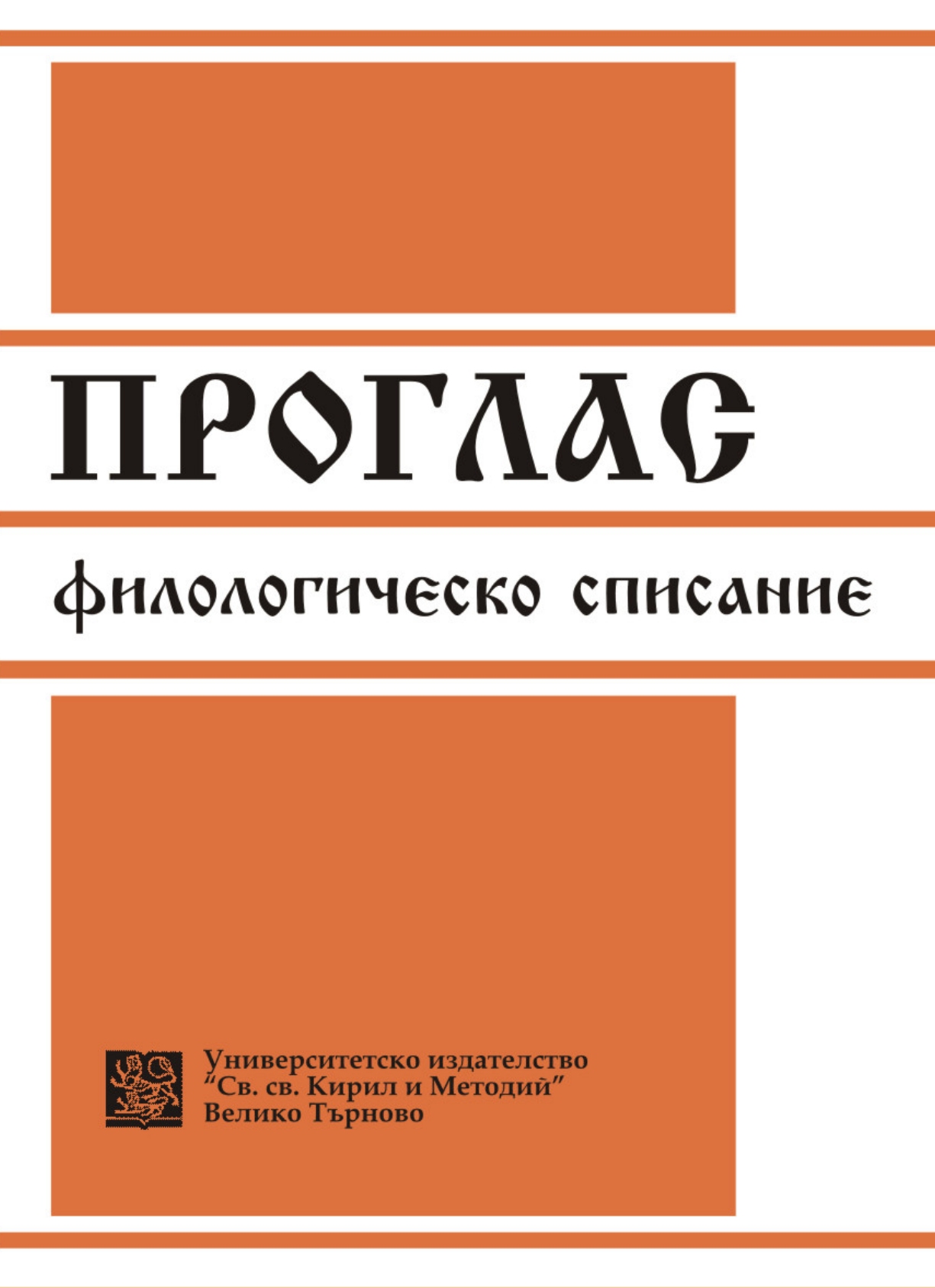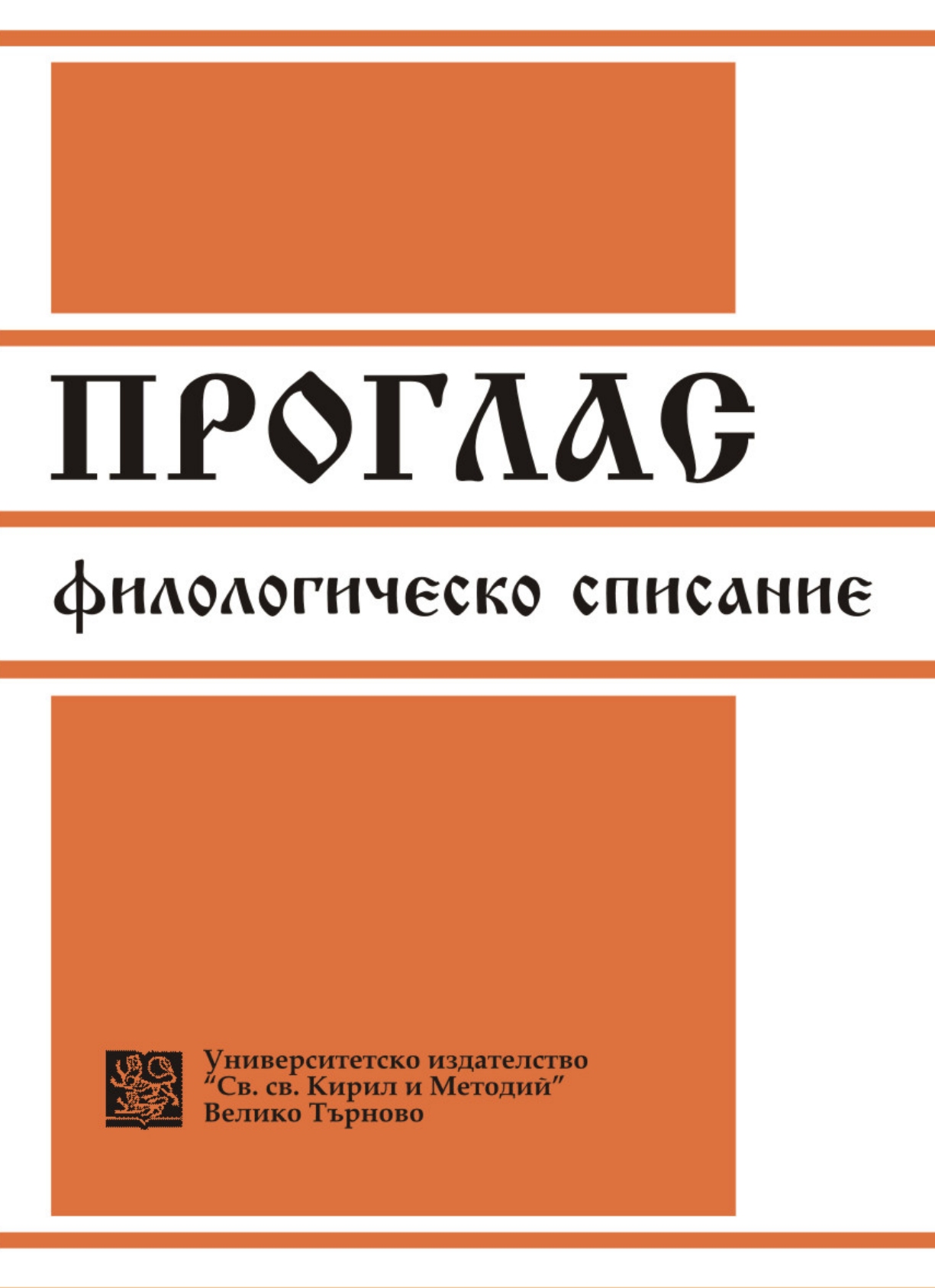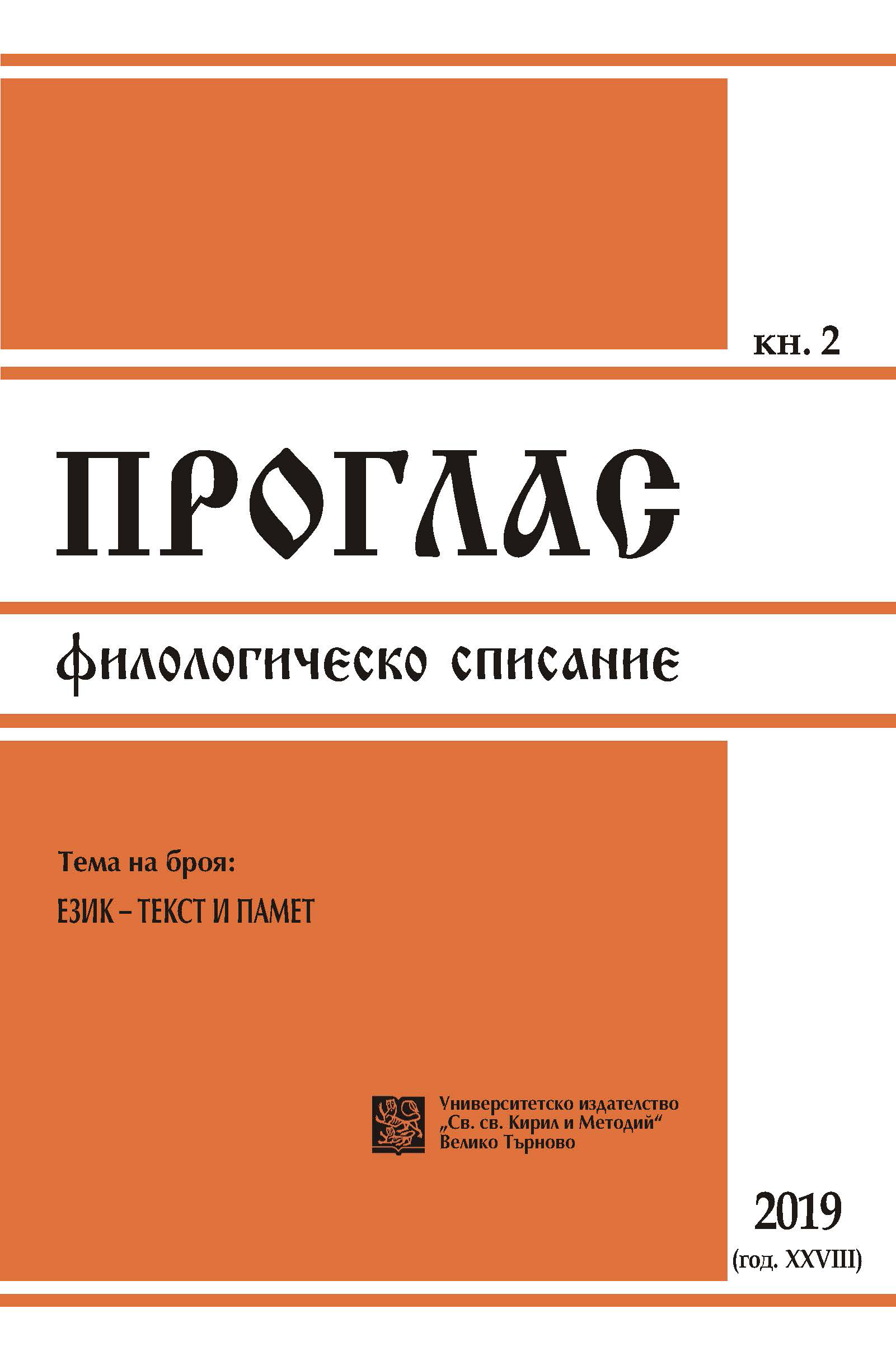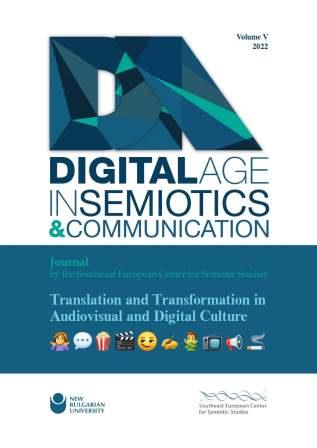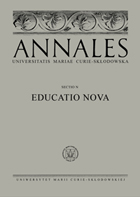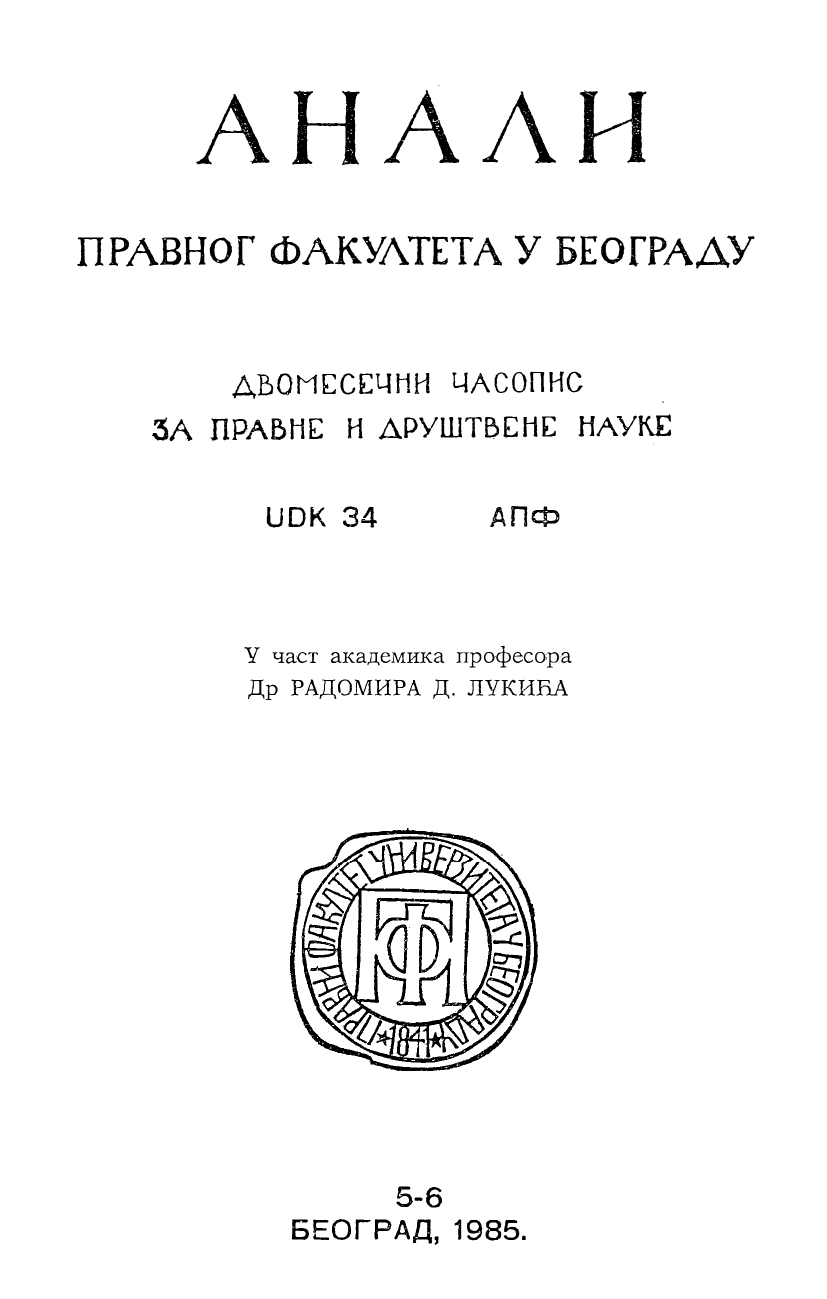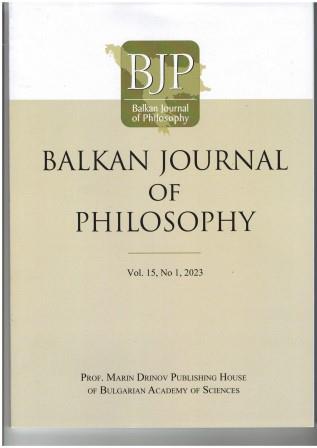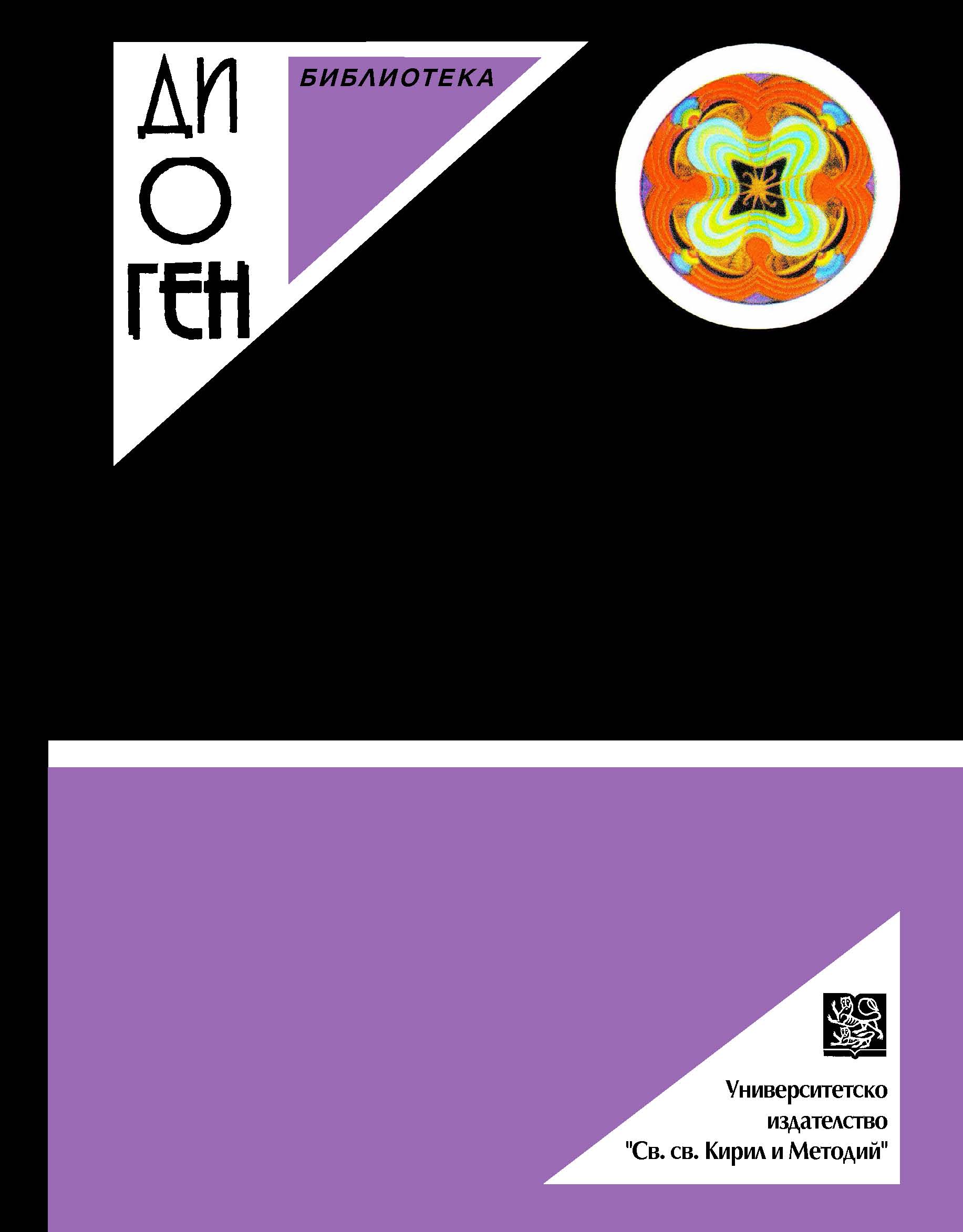
Phylosophy of Media Manipulation in The Globalization Era: Options For Countering
Corporative global media cannot be an instrument of the culture of peace, because they have made widespread individualistic values of the consummative society. Through their symbolic power, they successfully dominate over every sphere of existence of a society: politics, economic life, social ties, national culture, human communication and private life. Traditional media could not be a factor in the promotion and development of culture of peace, simply because they are proponents of corporative economic and political interests. It is in the interest of citizens to counter the activitiesof “rapacious capitalism” (SCHMIDT 1998),of local comprador political and economic elites, and the practice of robbery of their work; to bridle the proliferation ofweapons and acts of aggression.
More...
